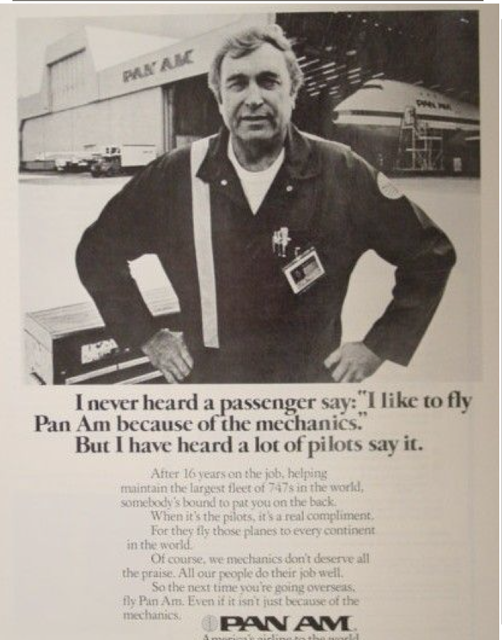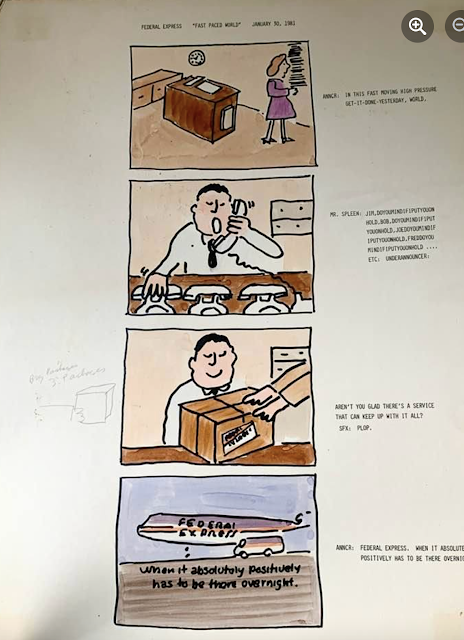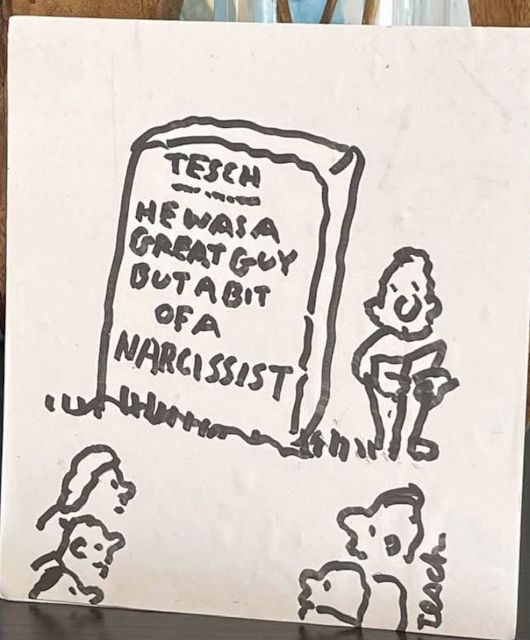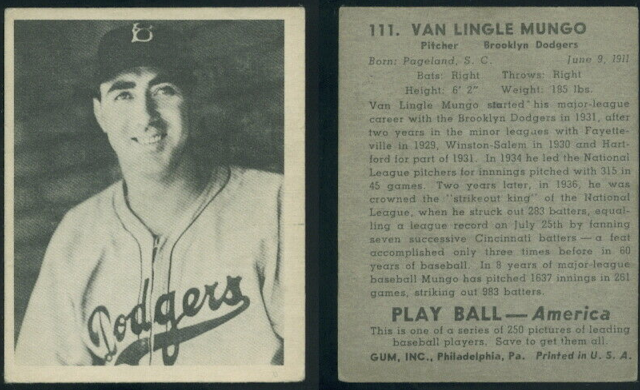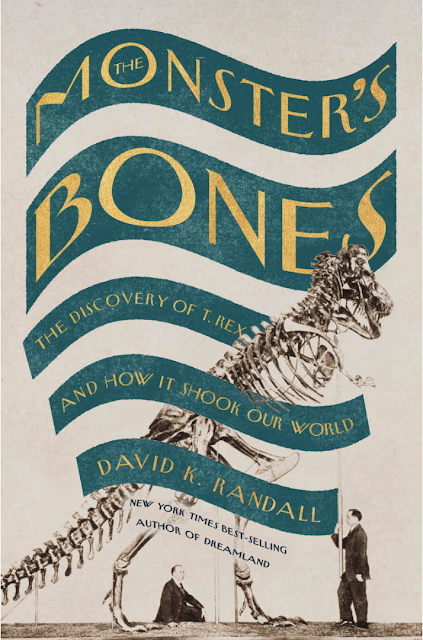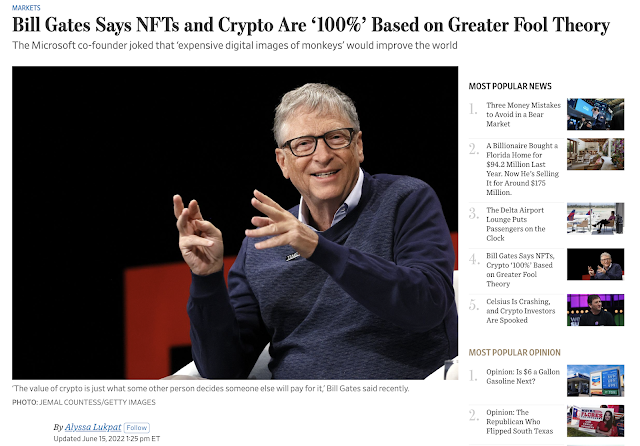Since I left the Holding Company Hegemony of Advertising, the DMV-ing of creativity, where waiting in line to face petty bureaucrats who don't care, is more important than you, or irreverence, or a joke, I have, in the patois of the fight game, moved up a weight class. Or two weight classes. Or started my own weight class.
That is not to say I've put on "the Covid 19," or gained any avoirdupois at all. What I mean is I've found new ways to challenge myself.
Yes, it's tautological.
But challenging yourself is challenging.
And I was already in a big arena when I was at Ogilvy on IBM.
But now, that looks puny. Withered. Flaccid. Like a piece of scrap paper blowing in the wind.
One of the best things I learned at Ogilvy about life and advertising and exertion was a mantra I believe created by Ogilvy's long-time CEO, Shelly Lazarus.
She used to say our mission was "To be most valued by those who most value brands."
I am part philologist. I don't just read words. I think about their meaning. How those words of Shelly's were a call to action--an exemplar for me.
They pushed me.
How can I be "most-valued"?
Two decades ago, while at Ogilvy I was moved into a smaller office after smaller even though I was doing a great job. However, I was threatening to someone who couldn't do what I did and my lack of deference angered him. Ergo, broom closet.
Chris Wall wrote me when that happened.
A coda to Shelly's mantra.
"George, there will always be annoyances and distractions in large organizations - keep your eyes on the prize, make the work great, and the world will be your oyster. If we don't right the problems here one day, we'll all go elsewhere and be successful for somebody else. That's the ultimate power of knowing how to make things happen."
Right now I'm working with more high-powered C's on a more fundamental level than virtually anyone I know. I'm dealing with more C's than volume three of the Encyclopedia Brittanica. Whatever that is.
Working with a mere President seems like kickball as opposed to the World Series.
And those C's and I aren't talking not about procurement or the metaverse or borderless creativity--terms that have virtually no meaning. We're talking about and doing the work to make their brands most valued.
A lot of this sucks, I have to tell you.
I live in a beach community most of the time. I'd gladly trade in my blue mood for a blue drink.
Of our human parts, our muscles, our heart, even our brains, grow stronger the more we use them.
So, the fight goes on.

